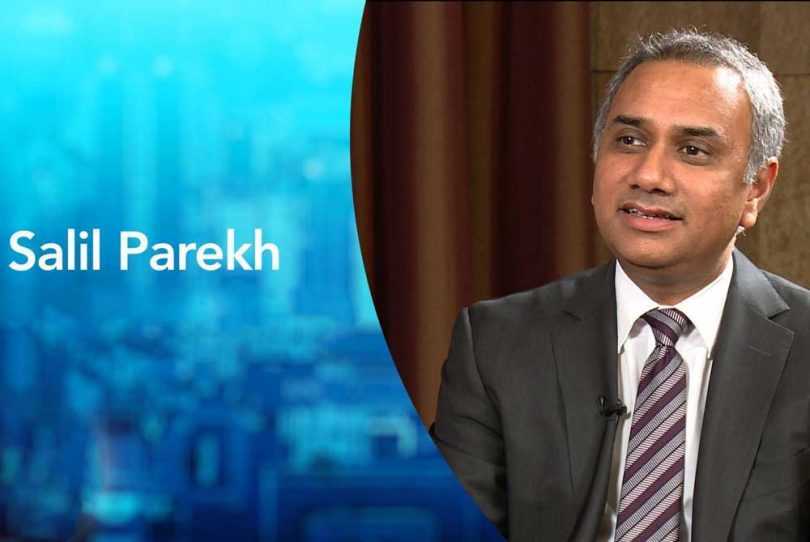The recent whistleblower complaints have dented Infosys’s stellar reputation. Given the corporate governance issues at many Indian companies, investors have been paying a premium for companies with good corporate governance practices. Historically, Infosys held on to the highest standards in corporate governance, and seemed to have maintained its standing since the new CEO Salil Parekh took over in the second half of FY18.
The whistleblower complaints can be broadly categorized into three buckets. The first bucket comprises seemingly trivial complaints on the CEO’s travels and deductions on taxes. The second bucket relates to bidding for contracts with low or nil margin, which could be attributed to business decisions taken by the executive leadership, as long as they did not circumvent internal processes.
The third bucket is about over recognizing revenues, hiding costs and consequently boosting margins and profits. It has also been alleged that information was withheld from the auditors and the company’s board. The allegations of malpractices were also made against the CEO and the CFO Nilanjan Roy .
 This bucket of allegations is very grave and deserves the highest and urgent attention from the company. The whistleblowers also claim to have evidence, including emails and voice recordings. If auditors and the board were not presented the true picture, then the investors were also not presented the true picture. The trust that investors have on the numbers presented to them during the quarterly results will be broken. Infosys can ill afford such a loss of trust. Additionally, management bandwidth could be spent on defending class action suits.
This bucket of allegations is very grave and deserves the highest and urgent attention from the company. The whistleblowers also claim to have evidence, including emails and voice recordings. If auditors and the board were not presented the true picture, then the investors were also not presented the true picture. The trust that investors have on the numbers presented to them during the quarterly results will be broken. Infosys can ill afford such a loss of trust. Additionally, management bandwidth could be spent on defending class action suits.
It should be noted that the 2019 Stock Ownership Programme was approved by shareholders in June. Unlike the 2015 ESOP plan, which was time-vested, the 2019 stock vesting was purely performance-vested, linked to multiple performance metrics, mostly, total shareholder returns, revenue growth and operating margins. The 2015 time-vested stock incentive plans compensated employees even when the company was not performing well. It was thought that the 2019 performance-linked plan would ensure that stock ownership by employees based on company performance, would align with shareholders’ interests. From the 2019 Plan, the CEO was also granted restricted stock units (RSUs) with a value of ₹10 crore per year. In the 2019 Plan, if the company underperformed, there was a possibility that no RSUs would be vested.
The Nominations and Remuneration Committee had flexibility in determining the components of the performance parameters and also the number of RSUs vesting. If one were to seek out the motivating factors for why the senior management, including the CEO, would want to show enhanced revenue growth and higher margins, one needs to go through the details of the 2019 plan. The company seems to have acted in due process by bringing the whistleblower complaints to the notice of the audit committee, and after the board meeting of 11 October, the audit committee has consulted with EY, as the independent internal auditors, on terms of reference for the investigation.
On 21 October, the audit committee retained the law firm of Shardul Amarchand Mangaldas to conduct an independent investigation. If one were to fault the company till now, it is on the tardy response to investors. The fact that it was the media and not that company that first reported the whistleblower complaints to investors will increase the scrutiny on the company. Investors will be expecting that the board act with greater alacrity and ensure that investigations are concluded quickly, and the results of the investigations are shared publicly. Investors also need to be assured that internal processes are robust to mitigate risks of misreporting and accounting malpractices, as they hope that Infosys will be able to come out of this storm unscathed.
Shriram Subramanian is founder and managing director, InGovern Research Services, a corporate governance advisory firm. livemint Oct 22 2019


No comments:
Post a Comment